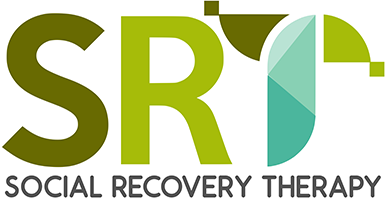Cognitive behaviour therapy for improving social recovery in psychosis: Cost-effectiveness analysis
Garry R. Barton, Jo Hodgekins, Miranda Mugford, Peter B. Jones, Tim Croudace, and David Fowler
A randomised trial was conducted in order to estimate the clinical and cost-effectiveness of social recovery orientated cognitive behavioural therapy (SRCBT) for people diagnosed with psychosis, compared to case management alone (CMA). The mean incremental health and social care cost, and the mean incremental quality adjusted life year (QALY) gain, of SRCBT was calculated over the 9 month intervention period. The cost-effectiveness of SCRBT was in turn estimated, and considered in relation to the cost-effectiveness threshold of £20 000 per QALY. The level of uncertainty associated with that decision was estimated by calculating the cost-effectiveness acceptability curve for SRCBT. N = 35 received SRCBT and N = 42 received CMA. The mean incremental cost was estimated to be £668, and the mean incremental QALY gain 0.035. SRCBT was estimated to be cost-effective as it had a cost per QALY of £18 844, which was more favourable than the assumed cost-effectiveness threshold of £20 000 per QALY. At that threshold the probability of being cost-effective was however estimated to be 54.3% according to the CEAC, suggesting that further research may be warranted in order to reduce the level of uncertainty associated with the decision as to whether SRCBT is cost-effective.
